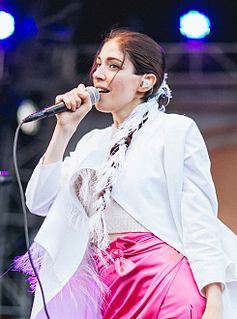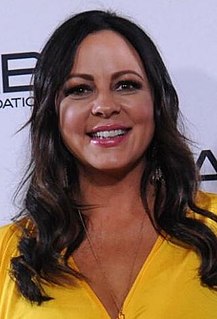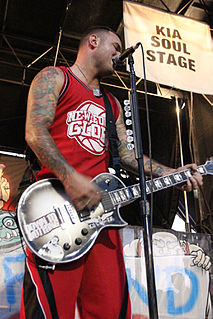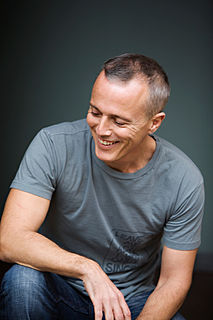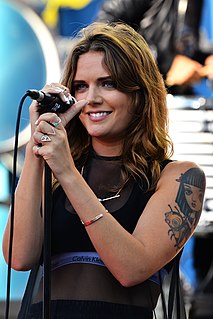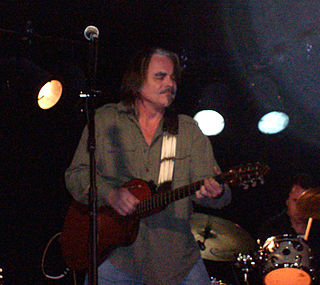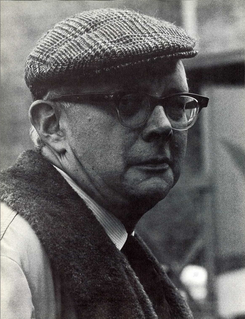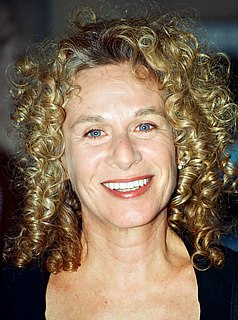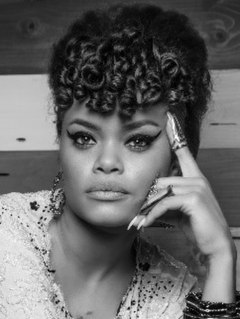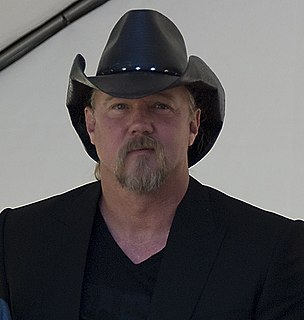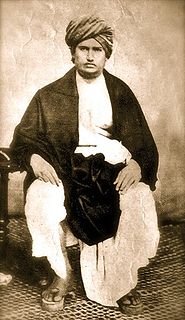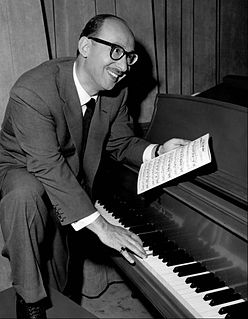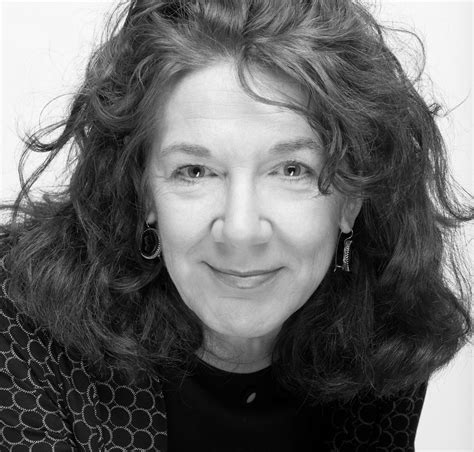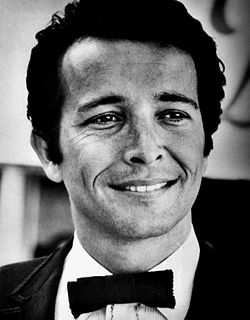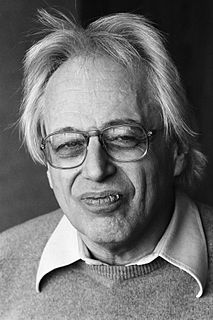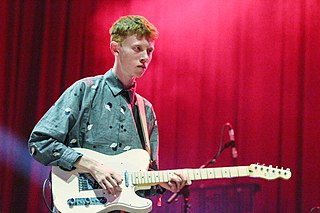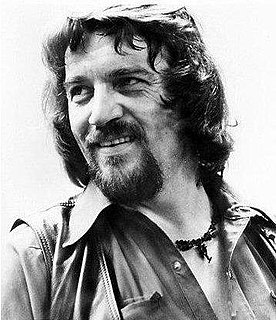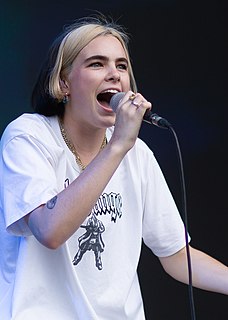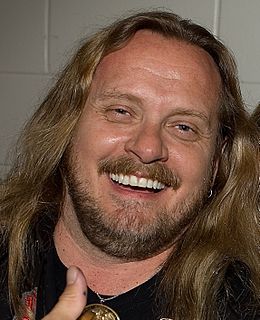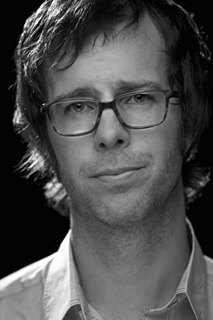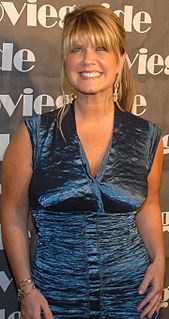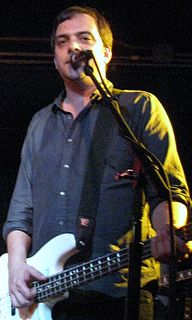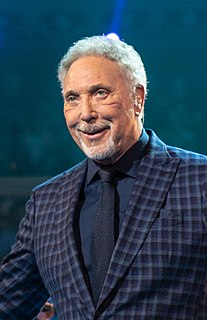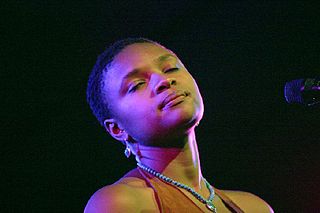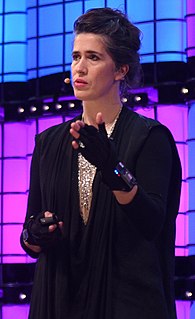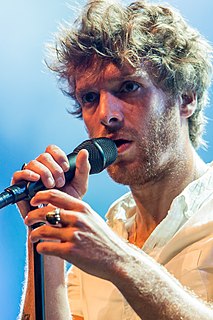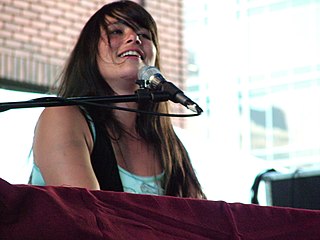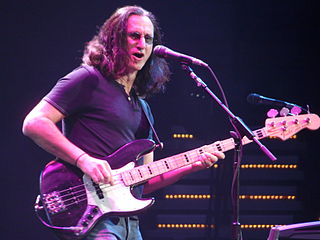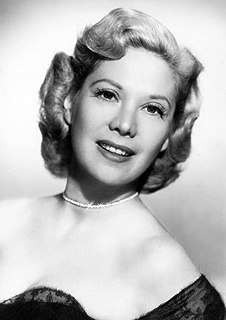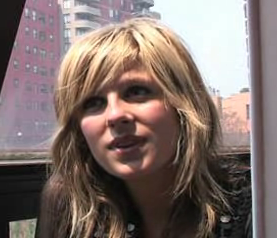Top 390 Lyric Quotes & Sayings
Explore popular Lyric quotes.
Last updated on September 18, 2024.
When I'm writing a lyric, I totally forget about the music. I'm just looking at the lyric and thinking about it almost as a separate entity. And then I'll go to my keyboard with all the lyrics printed out and try to think of how to make this a complete musical thing. I've got a very basic keyboard with some presets.
There are parts in albums where I wrote a lot of the lyrics. There are parts on albums where Steve wrote a lot of the lyrics, even albums where Steve did the majority of the lyric writing. Then there were albums like 'Coming Home' where I did most of the chorus lyric writing. But it was always split.
Speaking of people I had to exclude: Hank Williams. which is to say, songs are part of lyric poetry in my book, my thinking. In fact they are the urgent element of poetry in our time, they carry the most emotion for the most people in our culture. everyone LOVES poetry, because we all love (one form or another) of rock and roll (be it folk to emo to rap). It's all rock and roll and all lyric poetry.
I think what we find fascinating and interesting is when people take our music and turn it into emotionally something else. And weirdly, Lorde's version of 'Everybody Wants to Rule the World,' the production really goes with the lyric more than our version does, because our version, albeit the lyric is dark, the music is quite uplifting.
I don't think there's a problem. First of all, I don't think music turns people into social liabilities. Because you hear a lyric - there's no medical proof that a person hearing a lyric is going to act out the lyric. There's also no medical proof that if you hear any collection of vowels and consonants, that the hearing of that collection is going to send you to Hell.
I am committed now to one thing: lyric sequences. I want the intensity of lyric, but the scope and arc of narrative. so, I think I'll just write sequences for the foreseeable (the Beloved sequence doesn't have a 'plot' so I can just keep adding poems to it, it's like a giant bag I can just put beloved lyrics into - I think there are about 300 of them i've published by now).
I wanted to pack a lot into the lyric, but not go beyond its bounds. Some have written that I wanted to expand what the lyric could do. I just want the hugeness of experience-which includes philosophical discursiveness-to move at a rate of speed that kept it (because all within one unity of experience) emotional. Also, often, questions became the way the poems propelled themselves forward It brings the reader in as a listener to a confession[.] A poem is a private story, after all, no matter how apparently public. The reader is always overhearing a confession.
I have taught the long poem off and on for years. The more book-length poems I read and studied and taught the more interested I was in the possibilities in writing a poetry that applied formal and substantive options of narrative and non-narrative, lyric and non-lyric. I found many pleasures in this kind of writing. The long poem is as old as the art form.
Usually it's lyric first, but sometimes it's melody. And I carry a hand-held recorder everywhere I go so I can just hum or whistle a melody if one hits me. Sometimes it's both simultaneously - lyric and melody at the same time - those are a little confusing to me, but sometimes it comes in that form. I just feel like I have my own little radio station and sometimes the static clears and something beams in from out there.
Could we say that the short short is to other kinds of fiction somewhat as the lyric is to other kinds of poetry? The lyric does not seek meaning through extension, it accepts the enigmas of confinement. It strives for a rapid unity of impression, an experience rendered in its wink of immediacy. And so too with the short short.
When I'm singing a song on stage, I hate hypocrites. If you don't put yourself in that lyric and emote and be what that lyric says that you are, then you're just going through the motions and you're being hypocritical. I just take that same approach with acting. I just take the dialogue and I emote it and become that. I use the same technic.
I don't really love to perform in music. Some people like it more, but it's not my thing so much, but just the writing, when you get the lyric, and the lyric just goes just the right way, or you find the right bridge that takes you to the solo, and those moments are tremendous, and it's difficult to portray.
No one can threaten poetry. It's always been there, always will be. Humans need it to live: it has sustaining powers. How could we (anyone) get through adolescence without some form of song? Song is only a version of lyric poetry that is carried more by melody than by internal coherence and unity. but lyric and song - they are the same.
I think that the casual reader and the lyric and confession are trickily tied up together. I mean often when I read my students' poems my first impulse is to say, "O, the subject of this pronoun, this 'I,' is whatever kid wrote this poem." The audience for lyric poems is "confessionalized" to some extent. And I think this audience tends to find long narrative poems, for instance, kind of bewildering.
..I find it incredible impossible not to cry when I hear Stevie Nicks's "Landslide," especially the lyric: "I've been afraid of changing, because I've built my life around you." I think a good test to see if a human is actually a robot/android/cylon is to have them listen to this song lyric and study their reaction. If they don't cry, you should stab them through the heart. You will find a fusebox.
I typically will work on a lyric in a three-ring binder. On the right side, I'll write the lyric, and on the left side, I put in alternate things...and things that might be alternates or improvements. I'll turn the page and do it again. I'll turn the page and do it again, or incorporate the improvements. Eventually, I end up with some material, and often it needs to be ordered.
I'm in love with the way that Ella Fitzgerald delivered a lyric. She would deliver a lyric with the kind of clarity that would make you wonder why it was written, and make you think about the writer. I think every writer hopes an Ella of any genre or anytime gets a hold of their work and works the song like that.
Most of the time, the lyrics are kind of like my secret messages to my friends or my boyfriend or my mom or my dad. I would never tell them that these songs are about them or which specific lyric is about somebody. Often, when I sit down to write a lyric, it is in the heat of the moment, and something has just happened.
